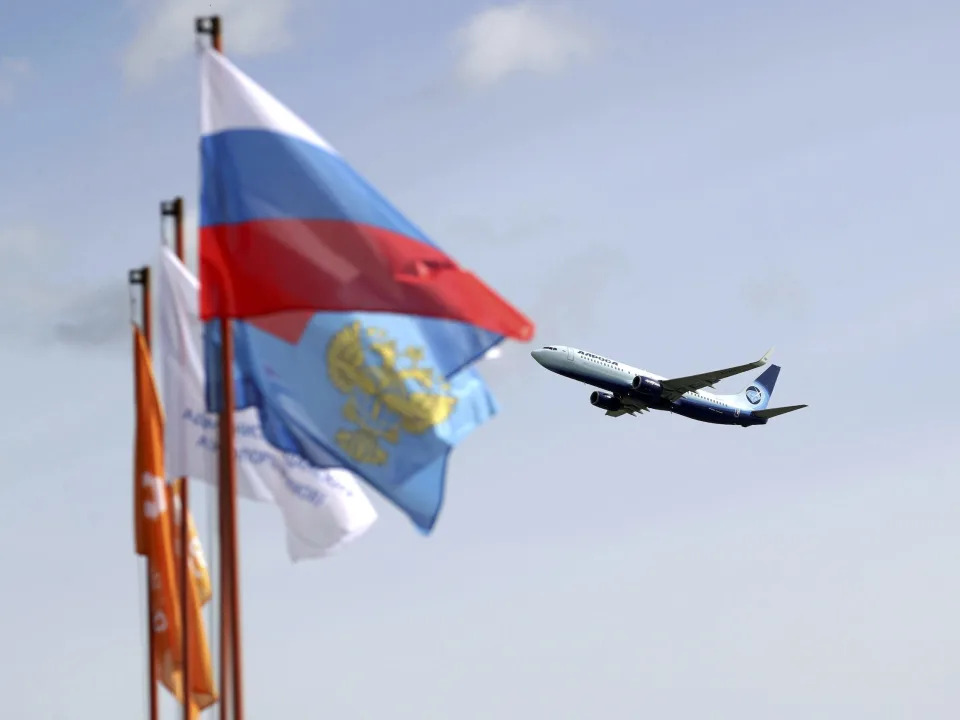Axios
High-powered dark money group seeks to disbar 100+ Trump election lawyers
Lachlan Markay – March 7, 2022

A dark money group with ties to Democratic Party heavyweights will spend millions this year to expose and try to disbar more than 100 lawyers who worked on Donald Trump’s post-election lawsuits, people involved with the effort tell Axios.
Why it matters: The 65 Project plans to begin filing complaints this week and will air ads in battleground states. It hopes to deter right-wing legal talent from signing on to any future GOP efforts to overturn elections — including the midterms or 2024.
- The group takes its name from a count of lawsuits that sought to invalidate the 2020 results.
Details: David Brock, who founded Media Matters for America and the super PAC American Bridge 21st Century and is a Hillary Clinton ally and prolific fundraiser for Democrats, is advising the group.
- Advisory board members include former Senate Majority Leader Tom Daschle (D-S.D.); and Paul Rosenzweig, a conservative and member of the Federalist Society who was former senior counsel for Ken Starr’s Clint0n-era Whitewater investigation and served in George W. Bush’s Department of Homeland Security.
- Former Utah Supreme Court Chief Justice Christine Durham; and Roberta Ramo, the first woman to serve as president of the American Bar Association, are also members.
- The project was devised by Melissa Moss, a Democratic consultant and former senior Clinton administration official.
The other side: Some of the lawyers targeted describe the tactics as naked political intimidation.
- “This move is nothing more than a desperate attempt by leftist hacks and mercenaries…” Paul Davis, a Texas attorney targeted for his presence at the Capitol on January 6, wrote in an email to Axios.
- He described an effort “…to neutralize anyone on the right with the ability to stand in the way of the left’s efforts to hide malfeasance in the 2020 elections and to clear the path for a repeat of similar malfeasance in the 2022 mid-terms.”
How it works: The 65 Project is targeting 111 attorneys in 26 states who were involved to some degree in efforts to challenge or reverse 2020 election results. They include lawyers at large national law firms with many partners and clients and lawyers at smaller, regional firms.
- It will air ads in battleground states, including Arizona, Georgia, Michigan, Nevada, Pennsylvania and Wisconsin.
- It also will push the ABA and every state bar association to codify rules barring certain election challenges and adopt model language stating that “fraudulent and malicious lawsuits to overturn legitimate election results violate the ethical duties lawyers must abide by.”
- It plans to spend about $2.5 million in its first year and will operate through an existing nonprofit called Law Works.
Brock told Axios in an interview that the idea is to “not only bring the grievances in the bar complaints, but shame them and make them toxic in their communities and in their firms.”
- “I think the littler fish are probably more vulnerable to what we’re doing,” Brock said. “You’re threatening their livelihood. And, you know, they’ve got reputations in their local communities.”
What they’re saying: “With great power comes great responsibility. Lawyers have a special role in and special obligation to society,” Rosenzweig told Axios in an email.
- “It is all the worse, then, when they use their special position to attack the foundations of the rule of law.”
The group has three categories of targets, according to plans reviewed by Axios.
- Trump’s legal inner circle, including lawyers such as campaign hands Jenna Ellis and Boris Epshteyn and post-election lawyers like Sidney Powell and Joe DiGenova.
- Lawyers who signed on as “alternate electors,” who planned to submit their names to the Electoral College in lieu of legitimate elector slates if Trump-aligned legal challenges succeeded.
- Licensed attorneys who participated in or were present at the Jan. 6, 2021, attack on the U.S. Capitol.
Between the lines: Some of the attorney targets already have been hit with bar complaints. One going after Georgia attorney Brad Carver for his role as an alternate elector was dismissed for lack of evidence. Carver, in an email to Axios, reiterated his position that his involvement was legally appropriate.
- But The 65 Project is focused on starving any future efforts of legal talent as well as focusing on 2020.
- “This is mostly important for the deterrent effect that it can bring so that you can kill the pool of available legal talent going forward,” according to a person involved with the effort, who asked to remain anonymous.
Cleta Mitchell, who resigned from Foley & Lardner as she assisted the Trump campaign’s post-election legal efforts, characterized The 65 Project’s effort as hypocritical.
- “I’m betting Marc Elias isn’t on the list,” she said in a text message, linking to a story about the Democratic attorney’s challenge to the results of a House race in Iowa last year and one about his claims of voting machine “irregularities” in another in New York.
- “Ok for Dem lawyers to file election challenges. Of course.”
John Eastman, who crafted a legal memo detailing Trump’s options for overturning the election, already is facing a bar complaint in California.
- He “expects the Bar’s investigation into these matters will fully exonerate him from any charges,” his attorney said in an emailed statement.
- “As was his duty as an attorney, Dr. Eastman zealously represented his client, comprehensively exploring legal and constitutional means to advance his client’s interests.”



